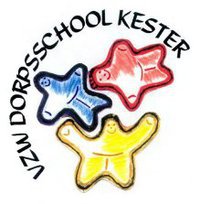Articles Of Agreement Springfield Massachusetts 1636 Significance
Records show that in January, February, and March 1666, numerous grants were granted by ponds adjacent to land owned by several people. In the case of widow Margaret Bliss, her purse was as much from the pond as it was from the end of her property. All these subsidies were in the long meadow and all were made on condition that the Indians of their pease were not harmed. Pease was referring to Cranberries, the Sasachiminesh, which they had reserved in the 1636 document. What happens is that the fellows have had cranberry peatlands. It appears in the language of the time, a bog was called pond. Under the wording of the agreement, but before the signings, Pynchon concluded the agreement: We testify to the above order, al being the first adventurers and explorers for the plantation. The case concerning the claims and rights holders of the area that is now Springfield is confusing and I do not pretend that I fully understand. The subject would be a long study in itself. However, as I have read many articles about it, it seems that everyone initially thought that the new colony of Agawam (like Windsor, Hartford, Wethersfield, all river towns) was under the authority of Connecticut. Misters Pynchon and Smith were in the legislative branch of Hartford. For a long time, the Indians lived in peace and inertia and were guarded ahead of their former enemies, the Mohawks. With the English tools they had now, their daily tasks became much more comfortable.
And so they stayed where there were good relations with the whites until 1675. William Pynchon and his son John had frequent and friendly relations with them through trade. The Indians sold their beaver and other furs to the Pynchons. The Indians bought them the kind of goods that were kept in stock and met their needs. The only items prohibited were firearms and ammunition. John Winthrop, the leader of the colonies, felt that the New England colonies should be “like a city on a hill” or an example of goodness that everyone should follow. However, the Chesapeake settlements were created almost exclusively in the hope of finding gold (document F).



